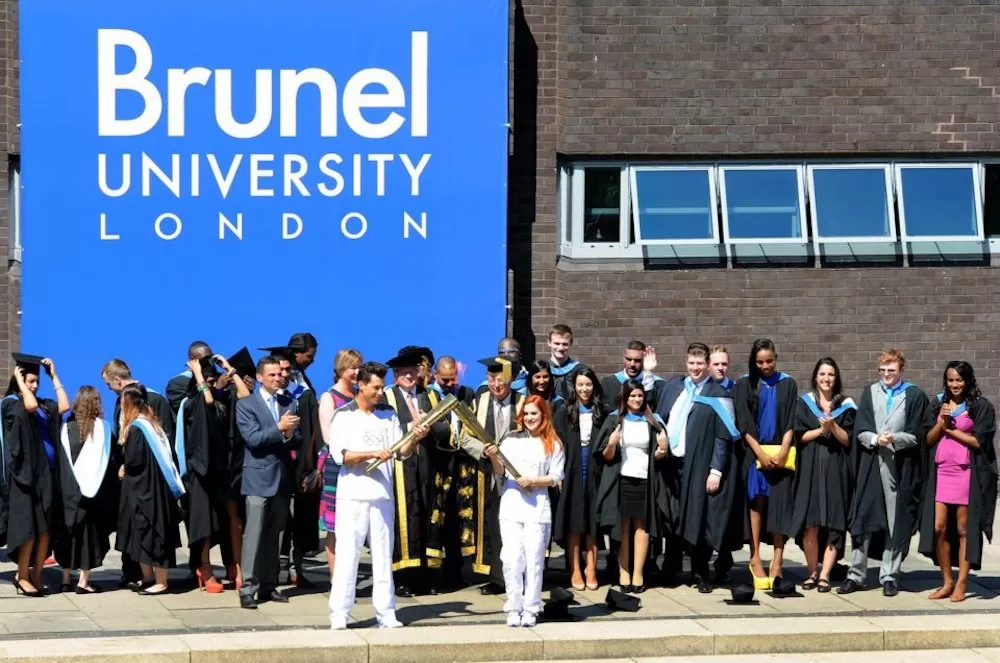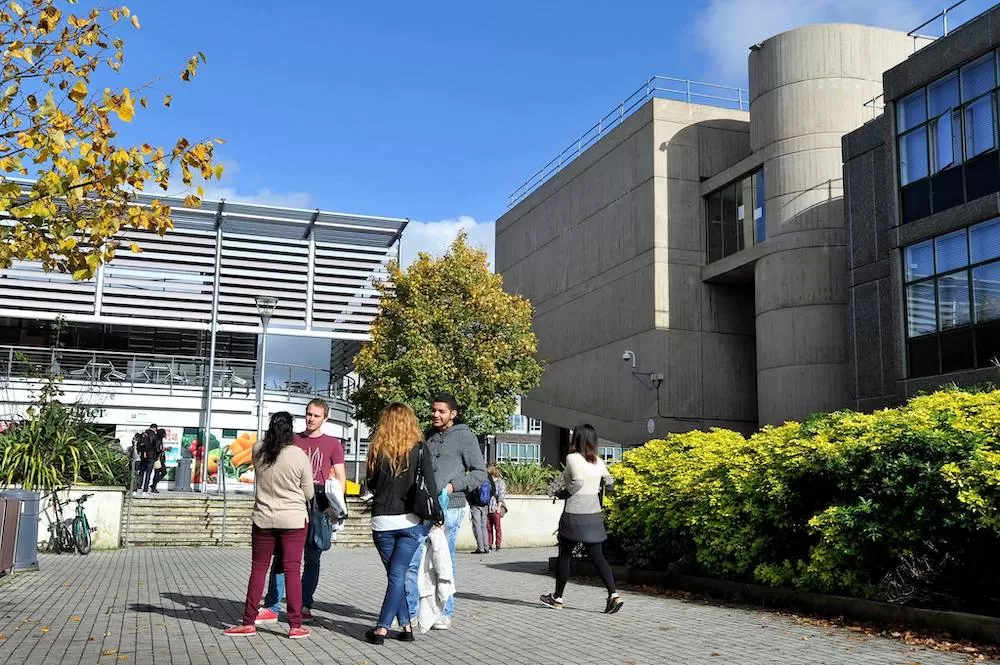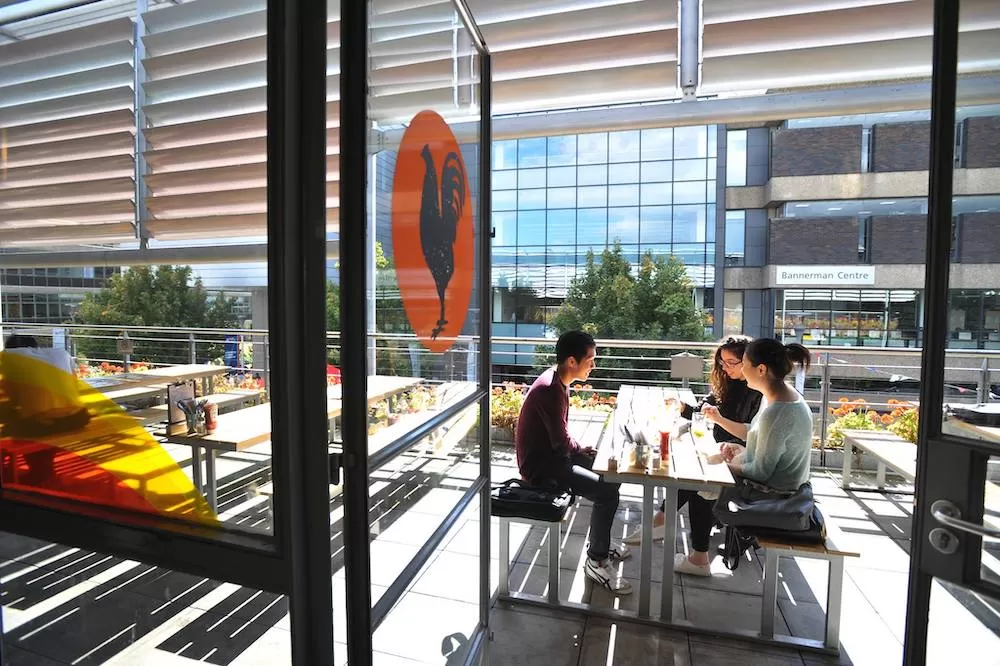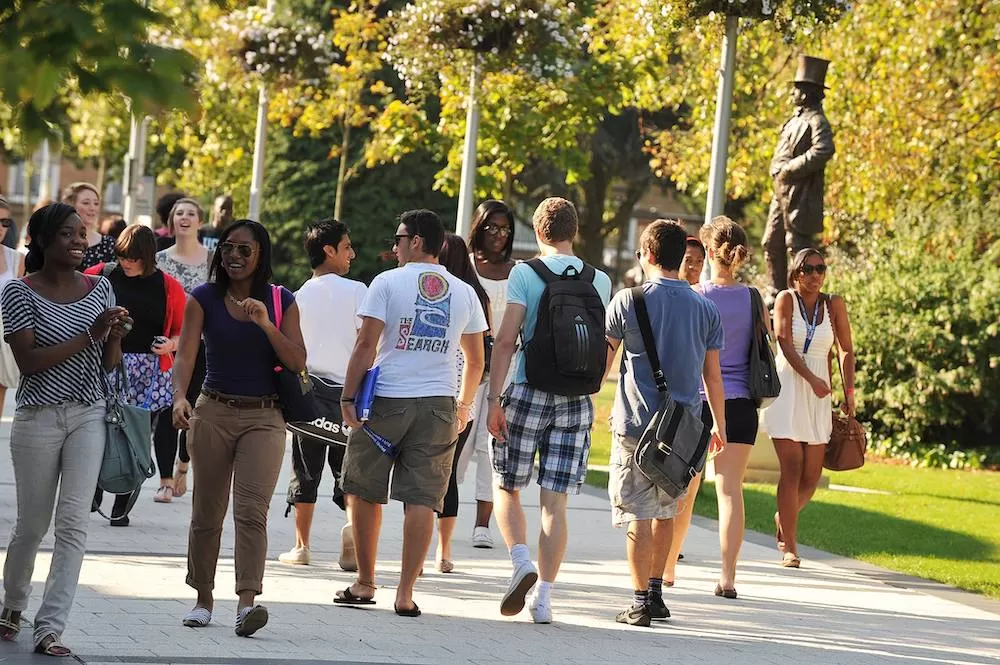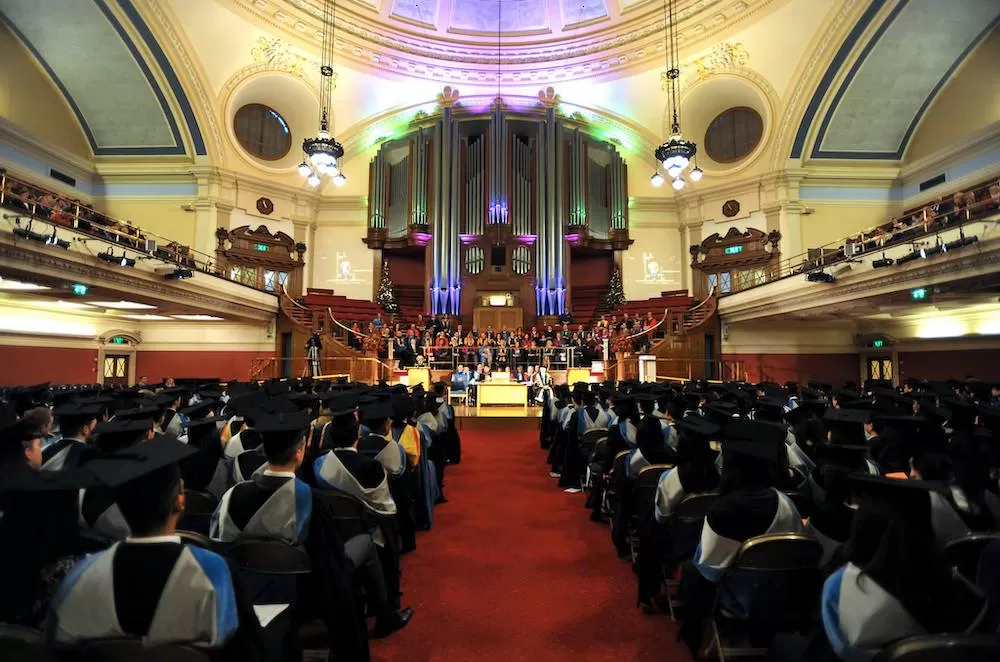London's
Brunel University is named after Isambard Kingdom Brunel, a British engineer and regarded as one of the main pioneers of the Industrial Revolution. During his time, Brunel symbolized progress, helping usher the UK—and in turn, the rest of the world—further into the future. Unsurprisingly, the university named after him has come to embrace progress in its approach to providing education too. Brunel University may boast a diverse array of courses, but what makes it stand out is its progressive way of teaching its students, highlighting an international outlook and embracing globalism along the way.
Source: Brunel University London Facebook Page
History of Brunel University
Baron Lionel Charles Robbins, also known as “Lord Robbins,” chaired the Report of the Committee on Higher Education in 1963. Now remembered as the “Robbins Report,” it recommended the expansion of universities and colleges at the time. And thus, Brunel University was born. The school can trace its origins even before the Robbins Report. Its first iteration was the Acton Technical College. This was split into two separate schools in 1957, the remaining Acton Technical College and the newly-formed Brunel College of Technology, named after British engineer Isambard Kingdom Brunel.
What Does Brunel University Look Like?
Though Brunel has been around since the 1960s, its campus looks completely different from the other
top universities in London. Its modern buildings and state-of-the-art facilities are a stark contrast to the centuries-old buildings of the other higher educational institutions. The school boasts a big circular building in the Uxbridge area, encased with class and housing spacious classrooms, big lecture rooms, an expansive library, and comfortable common areas. While far from the biggest university campus in London, it's still a safe and secure space. All in all, students will have a standard university experience here.
Source: Brunel University London Facebook Page
The Brunel University Student Body
How many students does Brunel University have? About 15,000 enrollees per year. This comprises both new applicants who just got accepted and returning students who have yet to graduate. To break this down even further, the school has about 11,500 undergraduates and 4,000 postgraduates, pretty standard as far as higher educational institutions go. But what's surprising about Brunel University is that it's not as big as many would expect. The university has a 70% acceptance rate, so it's easy to think that it'd welcome more students. Try as they might, however, the school can only accommodate about over 15,000 students per year.
Brunel University's Best Programs and Courses
Unlike other prestigious schools of its kind, Brunel University's prominence doesn't come from any specific programs. While other academic institutions are better known as the finest law schools, medical schools, and the like, Brunel is best known for its innovative approach to teaching. Hence, whether you're taking Biomedical Sciences, Chemical Engineering, Economics, or Law, you're sure to have a fulfilling educational experience here. It helps that the school also operates as a top research facility, allowing professionals to take part in the process here too.
Source: Brunel University London Facebook Page
Brunel University’s Prerequisites
What do you need to get into Brunel University? The standard university prerequisites. If you're applying for the school's undergraduate programs, for instance, you need a high school diploma, around 55% to 65% academic scores, and a GMAT average of 590, among many others. As for those applying for a Master's Degree, you'll need a Bachelor's Degree in any related field first. Other requirements will depend on the specific course you plan to take. A good example is its law program. You'll need to take the Law National Aptitude Test first to get accepted here.
How Much Does It Cost to Study at Brunel University?
Compared to other international schools in London and beyond, going to Brunel Expensive isn't the most expensive. Is it still pretty costly? Yes, it is. The school's tuition fees cost about £9,000.00 per year for UK and EU students and £17,500.00 per year for non-EU applicants. These prices are still high in the grand scheme of things, but they're not as costly as other higher educational institutions in the city. It's important to note, however, that total university costs also include enrollment fees, dormitory fees, and the like. Those are on top of the high
living costs in London too!
Source: Brunel University London Facebook Page
Where is Brunel University in London?
As already mentioned, Brunel University is located on Kingston Lane in the Uxbridge
neighborhood of London. Though it's technically a district of the British capital, it's practically an entirely separate town northwest of the London city center. The vibes alone are completely different. While central London is highly urban and eternally lively, Uxbridge is a lot more chill and largely residential. Not to mention a lot of available real estate too, which bodes well for Brunel students. You can easily find a great
London apartment to rent here so you can stay near Brunel University during your studies.
Brunel University's Famous Graduates
Brunel University’s alumni list is a whole host of prominent figures in various industries. From royalty and politicians to athletes and celebrities, you'd be surprised at how many famous and influential people have graduated here. Grand Duke Guillaume of Luxembourg, Crown Prince Tengku Sarafudin Badlishah of Kedah, and former Shadow Chancellor of the Exchequer John Leech are just some of the world leaders who studied at Brunel. The university's celebrity graduates also include actor Laurence Rickard, comic book artist Mike Collins, radio presenter Nick Abbot, and comedians Jo Brown & Greg Davies, among many others.
Source: Brunel University London Facebook Page
If you want to study and help push the UK and the rest of the world forward, you'll want to enroll in London's Brunel University. It may not be the most famous school in the country, but it's still a prestigious educational institution.
